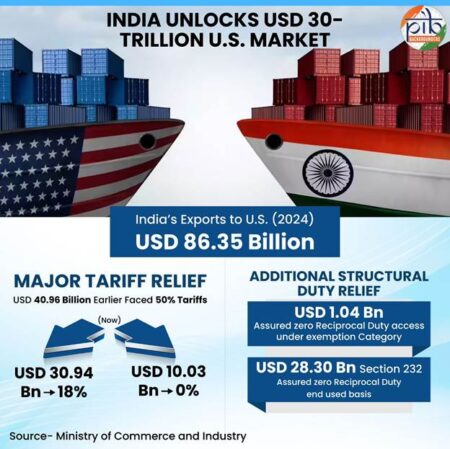Sugar exporters have claimed that there would be no default from the country amidst the fear of increasing global market rates of sugar.
“There may be a small problem in central Maharashtra. But it will not affect sugar exports from the country. Each and every tonne of export commitment will be honoured,” said Praful Vithalani, President, All India Sugar Traders Association (AISTA).
“There is a small volume of defaults but it is between mills and exporters. There are some mills seeking renegotiation of the contracts since the market is very volatile,” said Rahil Shaikh, Managing Director, MEIR Commodities India Pvt Ltd.
Soaring Rates of Sugar
“There is nothing to worry about. Contracts between sugar mills and exporters and deals between exporters and global buyers are two different aspects,” he said.
On Monday, raw sugar on the InterContinental Exchange, New York, for delivery in March zoomed to a 22-week high of 19.83 cents a pound ($440.06 a tonne). In London, white sugar for delivery in March was quoted at $536.5 a tonne — near a two-month high.
A Barchart.com report said there were reports that some Indian sugar mills were threatening to default on sugar contracts, possibly forcing traders to cover positions in the cash market, which would boost prices.
London-based diversified global financial services platform Marex said, “Indian selling is not as reliable as other origins selling.”
Stiff Barriers
According to sources, some 6-7 per cent of the export volume India contracted could be facing problems of about 3.5 million tonnes (mt) of deals signed till now.
“Looks like there is a small issue between mills and exporters. It could be solved soon,” said VR Vidya Sagar, Director, Bulk Logix.
The issue between mills & exporters might be caused by the Centre which has allowed sugar exports to resume this month. To ensure ample stock during festive season, the Centre had halted sugar exports from June 1 with shipments capped at 10 mt for the 2021-2022 season. While extra 1.2 mt sugar was permitted, the restrictions are supposed to be lifted up this month.
With the onset of new sugar season in October, mills are crushing sugar at their full capacity hence making the centre allow the usual export of permitted 6 mt shipment.
Experts Speak
Estimates of a record 36.5 mt sugar production helped the Government to decide in favour of shipments. The production estimate is apart from 4.5 mt of sugar being diverted for ethanol production.
“Some of the mills had sold sugar for exports more than what the Food Ministry has permitted for shipments. This has now resulted in renegotiations. A few mills may default, while some may renegotiate,” said Shaikh.
While permitting exports, the Food Ministry has allocated a uniform 18.23 per cent quota of their last three operational years’ average production for all mills.
“Mills have to sell sugar but they are looking to gain as much as possible,” said sources, who did not wish to be identified.
Shaikh said the problem is that Indian mills want to sell at a fixed price, while world-over trading takes place differently. “With the global sugar market very volatile, these problems have cropped up,” he said.
Currently, Indian raw sugar is exported at ₹36,000 ($443) a tonne.
Bulk Logix’s Sagar said during the last season, some exporters had to default after the Centre capped shipments at 10 mt. “Though we declared force majeure on our export contracts, mills refused to cancel the deals. We were left holding stocks with some of us having to offload in the domestic market at loss,” he said.
Force majeure is unforeseen circumstances that prevent someone from fulfilling a contract. This clause forms part of every deal, particularly internationally.











